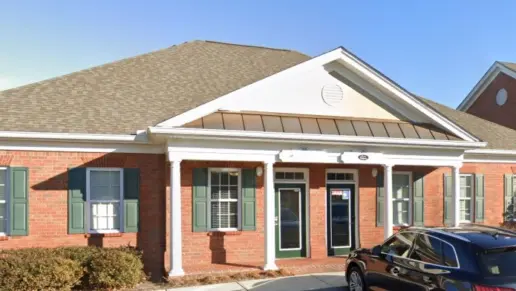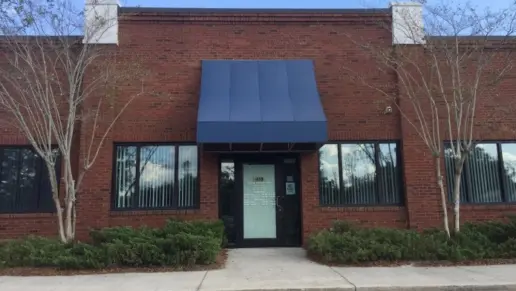I came to this center after a traumatic experience. These people made me whole again. I cannot say how much this place meant to me the 4 months I was there. Caring nurses, wonderful doctors and a cook who knew how to make hospital food palatable. I cannot recommend this plac ...
About Emory University Hospital at Wesley Woods
Emory Wesley Woods Hospital is an integrated healthcare provider in Atlanta, Georgia. Their addiction center uses a multidisciplinary approach to address substance use for individuals over 14. Their specialty is the treatment of dual diagnosis. This is when someone simultaneously struggles with addiction and mental health disorders. Specialized recovery programs are available for adolescents aged 14 to 26 through their adolescent substance use treatment division.
The center boasts a highly skilled team of care personnel that includes clinical experts in addiction care and mental health. These experts use community reinforcement approaches for substance use treatment. This cognitive behavioral model helps you strengthen relapse prevention skills by identifying triggers and patterns of substance use. It also teaches effective techniques to resist pressure and avoid the consequences of substance use.
Emphasis is placed on individualized care that is sensitive to your culture, background and belief system. This ensures treatment is more relatable and practical and helps you stay engaged in the recovery process. You’re also encouraged to actively participate in community support networks. This helps you develop or strengthen your support network. Services provided by the center include general outpatient care for adults and adolescents as well as intensive outpatient programming. Both involve evidence based techniques that foster support, skill building and healing in a community setting. The intensive outpatient care is more structured and involves more therapy sessions.
The center also offers psychiatric assessment and medication management services. The latter may involve administration of medications like injectable naltrexone and buprenorphine to support recovery. Other services include individual therapy, family support groups and skill building group therapy.
Aftercare services may involve connection to community resources for ongoing support or referral to recovery support groups. Comments from past clients reflect positive experiences and moderate quality of care.
Facility Overview
Latest Reviews
Rehab Score
Gallery
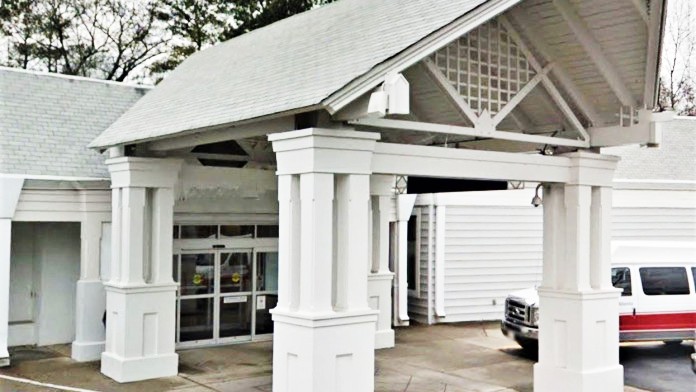
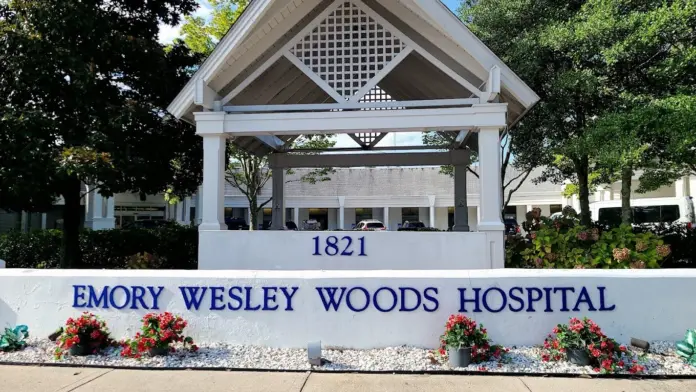
Location
Accepted Insurance




Other Forms of Payment
Medicaid is a state based program that helps lower-income individuals and families pay for healthcare. Medicaid covers addiction treatment so those enrolled can use their coverage to pay for rehab. When a program accepts Medicaid the client often pays very little or nothing out of their own pocket.
Private insurance refers to any kind of healthcare coverage that isn't from the state or federal government. This includes individual and family plans offered by an employer or purchased from the Insurance Marketplace. Every plan will have different requirements and out of pocket costs so be sure to get the full details before you start treatment.
Self-pay involves paying for treatment out of your own pocket. You can use savings or credit, get a personal loan, or receive help from family and friends to fund your treatment. If you don't have insurance or your insurance plan doesn't cover a specific program, self-pay can help ensure you still get the care you need.
Medicare is a federal program that provides health insurance for those 65 and older. It also serves people under 65 with chronic and disabling health challenges. To use Medicare for addiction treatment you need to find a program that accepts Medicare and is in network with your plan. Out of pocket costs and preauthorization requirements vary, so always check with your provider.
Military members, veterans, and eligible dependents have access to specific insurance programs that help them get the care they need. TRICARE and VA insurance can help you access low cost or no cost addiction and mental health treatment. Programs that accept military insurance often have targeted treatment focused on the unique challenges military members, veterans, and their families face.
Addiction Treatments
Levels of Care
Treatments
Many of those suffering from addiction also suffer from mental or emotional illnesses like schizophrenia, bipolar disorder, depression, or anxiety disorders. Rehab and other substance abuse facilities treating those with a dual diagnosis or co-occurring disorder administer psychiatric treatment to address the person's mental health issue in addition to drug and alcohol rehabilitation.
Mental health rehabs focus on helping individuals recover from mental illnesses like bipolar disorder, clinical depression, anxiety disorders, schizophrenia, and more. Mental health professionals at these facilities are trained to understand and treat mental health issues, both in individual and group settings.
Programs



Clinical Services
Cognitive Behavioral Therapy (CBT) is a therapy modality that focuses on the relationship between one's thoughts, feelings, and behaviors. It is used to establish and allow for healthy responses to thoughts and feelings (instead of unhealthy responses, like using drugs or alcohol). CBT has been proven effective for recovering addicts of all kinds, and is used to strengthen a patient's own self-awareness and ability to self-regulate. CBT allows individuals to monitor their own emotional state, become more adept at communicating with others, and manage stress without needing to engage in substance abuse.
Experiential therapy is a form of therapy in which clients are encouraged to surface and work through subconscious issues by engaging in real-time experiences. Experiential therapy departs from traditional talk therapy by involving the body, and having clients engage in activities, movements, and physical and emotional expression. This can involve role-play or using props (which can include other people). Experiential therapy can help people process trauma, memories, and emotion quickly, deeply, and in a lasting fashion, leading to substantial and impactful healing.
Group therapy is any therapeutic work that happens in a group (not one-on-one). There are a number of different group therapy modalities, including support groups, experiential therapy, psycho-education, and more. Group therapy involves treatment as well as processing interaction between group members.
In individual therapy, a patient meets one-on-one with a trained psychologist or counselor. Therapy is a pivotal part of effective substance abuse treatment, as it often covers root causes of addiction, including challenges faced by the patient in their social, family, and work/school life.
Nicotine Replacement Therapy (NRT) is a way of getting nicotine into the bloodstream without smoking. It uses products that supply low doses of nicotine to help people stop smoking. The goal of therapy is to cut down on cravings for nicotine and ease the symptoms of nicotine withdrawal.
Staff
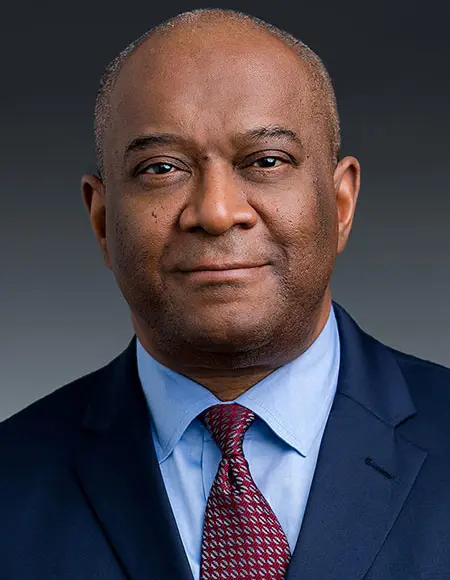
Chief Human Resources Officer
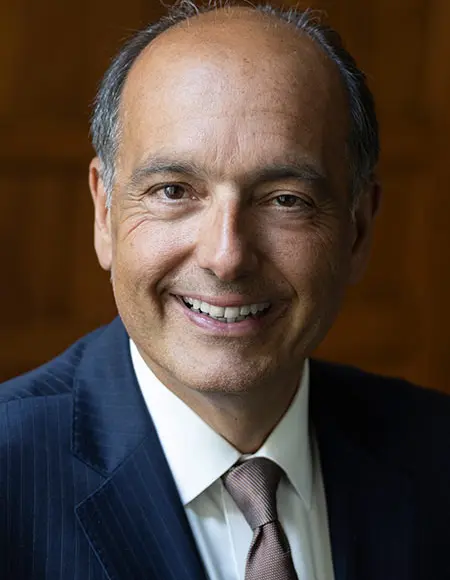
CFO
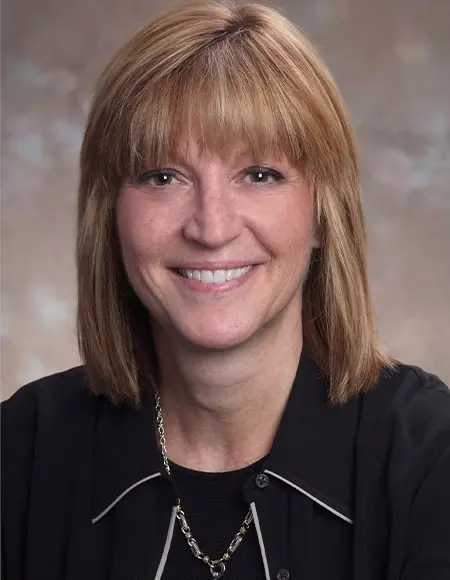
President, Physician Division
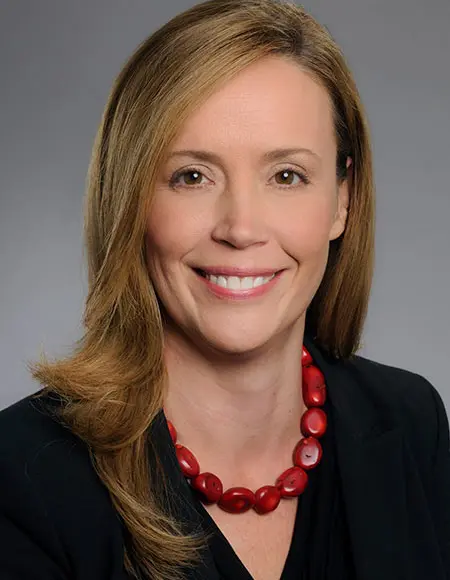
President, Regional Hospital Division
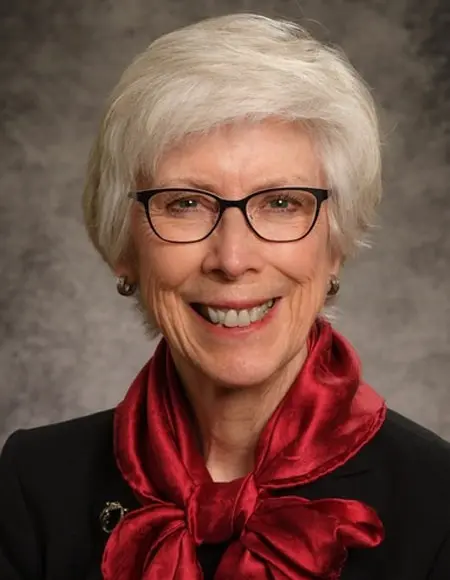
Chief Nurse Executive
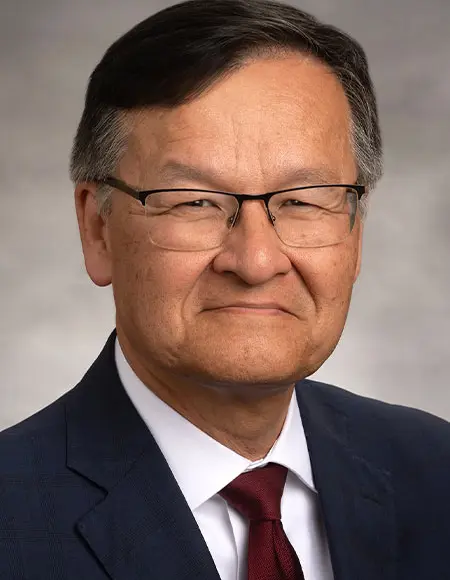
CEO, Emory Healthcare
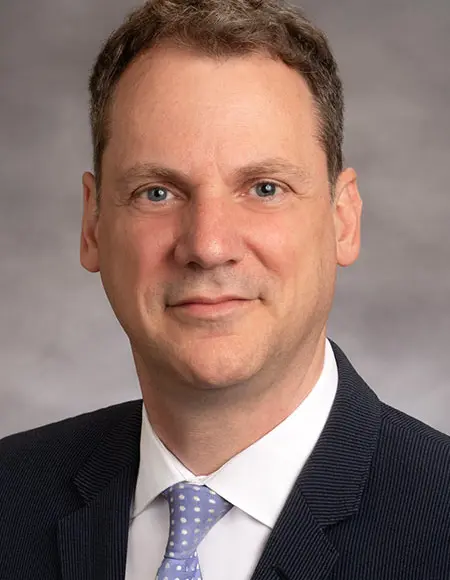
Chief Information & Digital Officer
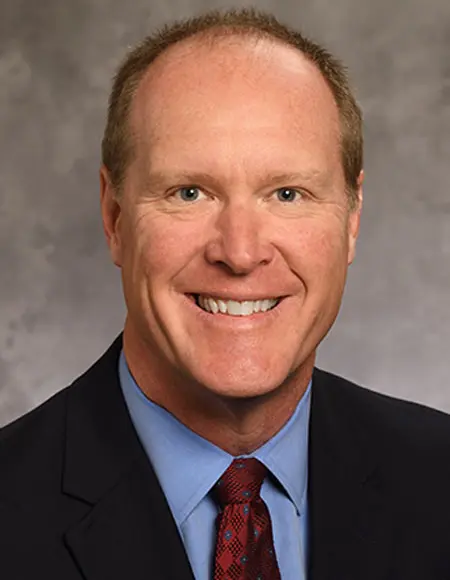
President, University Hospital Division
Contact Information
1821 E Clifton Rd NE
Suite 1200
Atlanta, GA 30329













